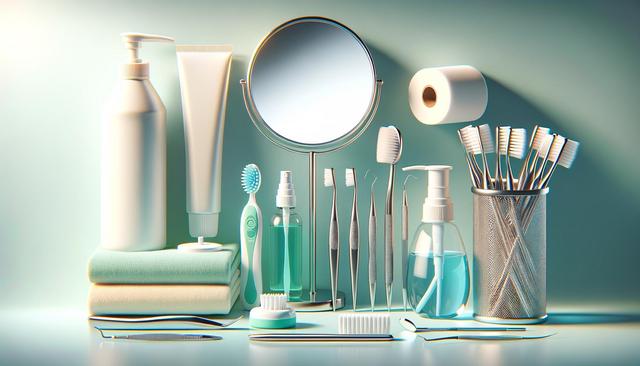The Expanding Role of Dental Hygienists
The role of dental hygienists has grown significantly in recent years, making it an increasingly attractive career path for those interested in healthcare and patient wellness. Traditionally known for cleaning teeth and assisting dentists, dental hygienists now play a vital role in preventive care, patient education, and even early diagnosis of oral health issues. As the healthcare system shifts more attention toward prevention rather than treatment, hygienists are gaining recognition as essential members of the dental care team.
Dental hygienists routinely perform tasks such as:
- Conducting patient screenings and assessments
- Removing plaque, tartar, and stains from teeth
- Taking and developing dental X-rays
- Applying preventive materials like sealants and fluorides
- Educating patients on proper oral hygiene techniques
With more responsibilities and opportunities in various settings—from private practices to public health clinics—dental hygiene has evolved into a dynamic and fulfilling career choice.
Why More Are Looking Into Dental Hygiene Programs
There is a noticeable increase in interest among students and career changers in dental hygiene programs. Several factors are driving this trend, including job stability, competitive salaries, and a relatively short educational path compared to other healthcare professions. Most dental hygiene programs can be completed in two to three years, allowing individuals to enter the workforce sooner and with less debt than a traditional four-year degree might require.
Prospective students are also drawn to the flexibility and diversity of the field. Dental hygienists often have the option to work full-time or part-time, which can be appealing for those balancing work and family responsibilities. Additionally, the profession offers opportunities to specialize in areas such as pediatric care, geriatrics, or periodontal therapy, further enhancing career development.
According to recent data, the demand for dental hygienists is expected to grow steadily, making it a promising field for long-term employment. This demand is driven by an aging population, increased awareness of oral health, and broader access to dental insurance, all of which contribute to a continuous need for skilled hygienists.
Core Skills and Personal Qualities for Success
Dental hygiene is more than just technical know-how—it also requires a unique blend of interpersonal skills and attention to detail. Successful dental hygienists are often those who enjoy working closely with people and have a natural ability to build trust with patients. Since much of the job involves one-on-one interaction, strong communication skills are essential for explaining procedures, calming anxious patients, and promoting healthy habits.
Key personal qualities that support success in this field include:
- Manual dexterity and precision
- Empathy and patience
- Problem-solving abilities
- Team collaboration
- Commitment to continued learning and professional development
In addition to these soft skills, familiarity with digital tools and dental software is becoming increasingly important, as many practices now use advanced technologies for diagnostics and patient record management.
Education and Licensing Requirements
To become a licensed dental hygienist, individuals must complete an accredited educational program and pass national and state licensing exams. Most programs offer an associate degree in dental hygiene, though bachelor’s and even master’s degree options are available for those interested in advanced practice, research, or teaching roles.
Coursework typically includes a mix of science and clinical training, covering subjects such as:
- Anatomy and physiology
- Microbiology and pathology
- Nutrition and pharmacology
- Radiography
- Clinical dental hygiene practices
After completing the required education, graduates must pass the National Board Dental Hygiene Examination as well as a regional or state clinical board exam. Continuing education is also a key part of maintaining licensure and staying updated with the latest practices in oral healthcare.
Career Outlook and Opportunities
The career outlook for dental hygienists remains strong, offering a wide range of employment opportunities and room for advancement. While most hygienists work in dental offices, many also find roles in community health programs, schools, research institutions, and corporate dental product companies. This variety allows individuals to align their work environments with personal interests and career goals.
Some professionals choose to pursue advanced certifications or education to move into specialized roles such as:
- Public health dental hygiene
- Clinical instruction and academic teaching
- Dental hygiene program administration
- Oral health advocacy and policy development
With steady demand and the potential for meaningful impact on patient well-being, dental hygiene offers a rewarding path for those committed to health promotion and preventive care.
Conclusion: A Career That Makes a Difference
For individuals seeking a healthcare profession that combines technical skills with human connection, dental hygiene presents a compelling career option. It offers a balance of job security, personal fulfillment, and professional growth, all while contributing to the long-term health of communities. As more people recognize the value of preventive care, the role of dental hygienists will only continue to grow in importance. Whether you’re a recent graduate or someone considering a career shift, exploring dental hygiene could be the first step toward a future where you truly make a difference—one smile at a time.




Leave a Reply